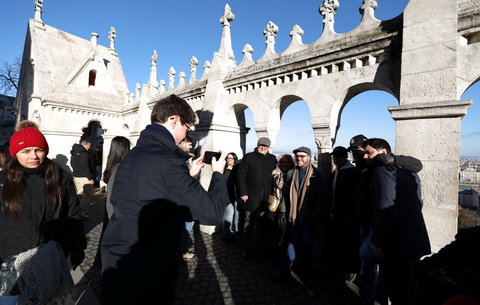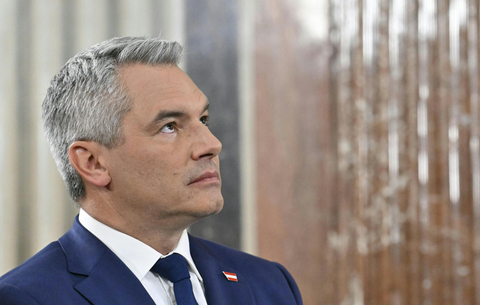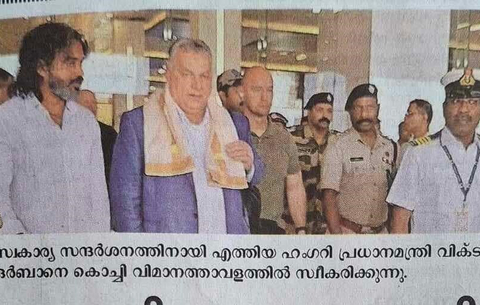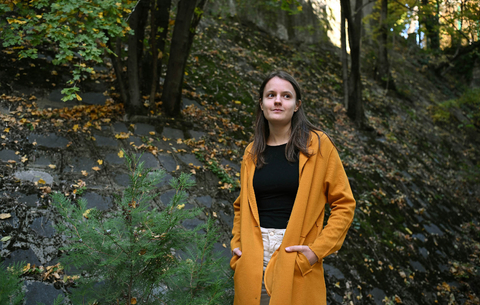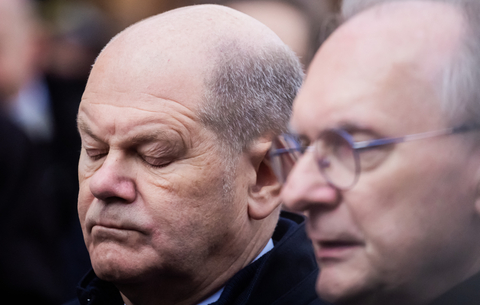Hungary Tomorrow project
Admit it: the idea of a round table is a good one. We all like the Arthur legends, and the lustre of the round table has not faded. Questions that affect everyone and that are more important than the grind of daily problems should be dealt with by some kind of joint method - just as in the legends of the Grail. This month, a round table of experts will gather under the name Hungary Tomorrow. Its task will be to help find a consensus in the questions that will affect society in the medium- and long-term, addressing pensions reform, education and competitiveness.
© Túry Gergely |
It makes sense for a round table to serve this aim. The round table discussing old age and pensions will involve a broad swathe of experts the field, conducting analyses based exclusively on the known facts, examining the problems that our current system will face in the medium and long terms. Only one thing is certain today: the inter-generational contract that exists today has broken down. The current system, which no longer works, is based on stable, long-term employment with continuously rising wages to guarantee stable, continuously growing retirement incomes. The idea of a guaranteed pension in old age no longer applies, but this uncertainty has not yet led younger generations to make provision for their own future. The link between contributions and pension payments is growing weaker day by day: the young thing the contributions are too high, the pensioners that their payments are too low, often below the minimum needed to guarantee a comfortable existence. This is true whether we're talking about the first pillar - social security - or the second, the private pension funds.
It is these tensions - between contributors, employees, employers, pensioners and people of working age, between high and low earners - that will determine the range of solutions that the round table will be able to propose. But the final decision will not be taken by the round table, but by the proper decision makers, above all by Parliament. It would be welcome if the existing broken contract were replaced by a new, lasting contract, not some law that would then be constantly amended. It would also be welcome if the new law would not meet the fate encountered by the 1997 law, of which scarcely a single paragraph remains in its original form. For this, we will need institutional and political guarantees, upon which recommendations can be built. Perhaps this will create the necessary public consensus.
There were teething troubles at the beginning. It was clear neither to the experts nor to public opinion or the press who the round table members got their commission from, and nor was it clear who they would report to. It would would be best if they reported to "the" nation, but this kind of ability goes beyond even the communication skills even of the leader of the largest opposition party. Pragmatism dictates that the round table be called by the prime minister, but that its members must be experts free of governmental or political influence whose legitimacy derives from social and civil society organisations, including parliamentary committees, from the economic and social council, from the Academy of Sciences and from businesses. The "dialogue with the nation" comes to live partly by exchanging information with the organisations that delegated the experts and partly via internet forums. The round tables will hit the internet within two weeks on the page www.magyarorszagholnap.hu. Subscriptions are being taken now. The recommendations will land on the tables of the legislators.
How will the round tables work alongside the government of the day? There has to be some way in which they can work together so that the "technical changes" that must be introduced from time to time do not endanger the long-term programme, the reform paradigm itself. Humanity has not yet found the perfect mechanism for doing this. The Lamfalussy Protocols are Brussels's attempt at achieving the same perfect harmony. If we are no more likely to succeed, we should not be too disappointed. At the pensions round table's first meeting we insisted that there can be a genuine dialogue between state administration, that has to act from day to day, and the experts who think in the longest possible terms. We insisted that these two groups can reach an acceptable understanding.
The round table's first meeting strengthened our sense of optimism. It is possible that the alternatives that will emerge and the proposals we reach will reflect the experts' consensus. It is also possible that we can persuade that stakeholders - the employers, employees, the young and the old - to accept our ideas. We also hope that, when our work is finished in at most 18 months' time, we will have achieved not just a social consensus but a political one too. Just like in a normal country: if the stakeholders agree, then why should politicians stand in their way?
JÚLIA KIRÁLY
(The author is president of the International Banker Training Centre and of the pensions and old-age round table).
